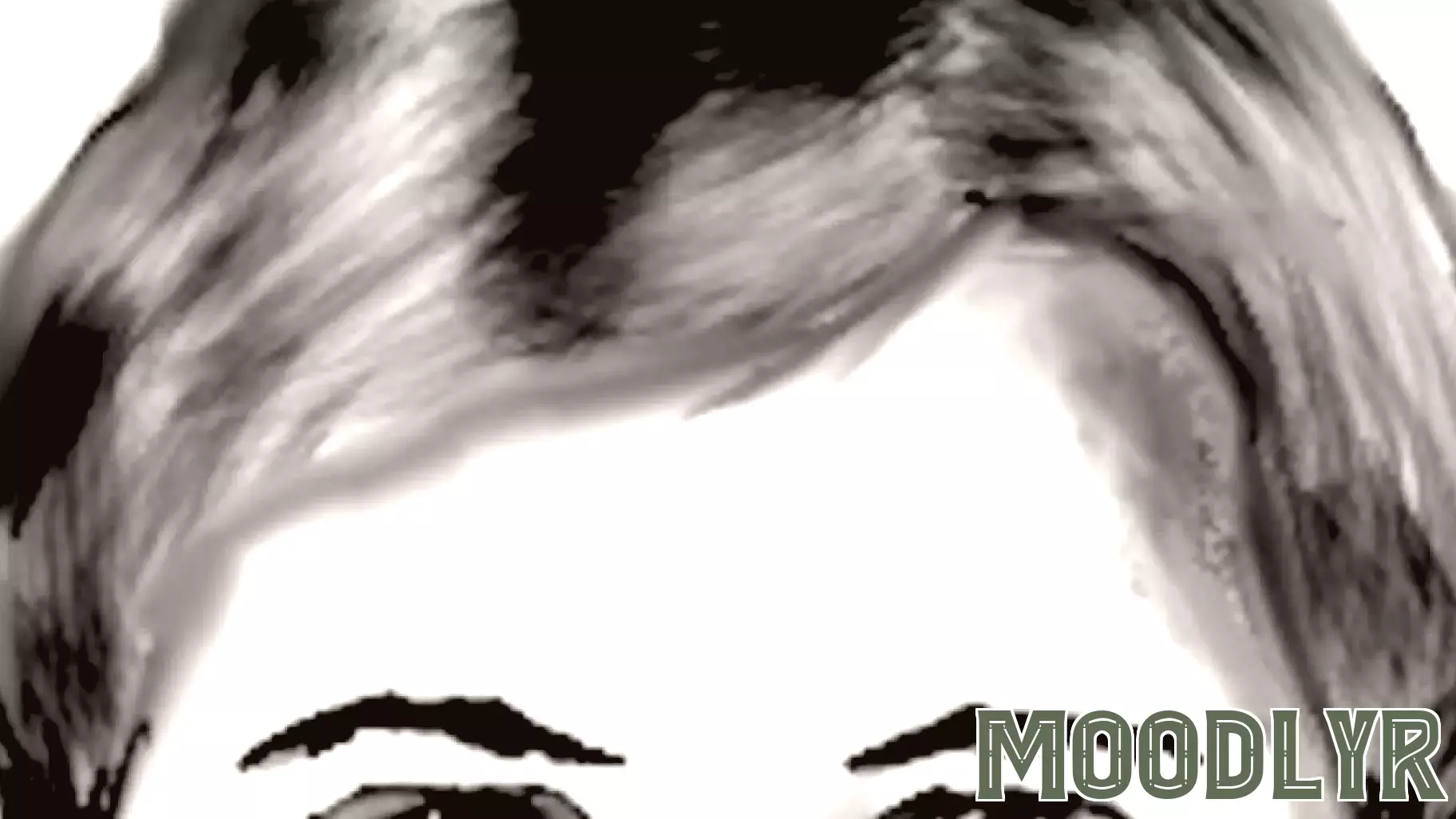Understanding the Complexity of Youthful Psychopathy
February 1, 2025 - 11:36

Recent studies suggest that the traditional focus on callous-unemotional traits in children at risk for developing psychopathy may overlook critical aspects of their behavior. While these traits are significant indicators, a more nuanced approach is necessary to identify all children who may require intervention.
Psychopathy in youth is a multifaceted issue that involves various dimensions beyond just emotional detachment. Researchers emphasize the importance of considering additional behavioral patterns, such as impulsivity and antisocial behavior, which can also contribute to the development of psychopathic traits.
By broadening the scope of assessment, mental health professionals can better identify at-risk children and provide timely support. Early intervention strategies could potentially alter the trajectory of these individuals, helping them to develop healthier emotional responses and social skills. Thus, a comprehensive understanding of youthful psychopathy is essential for effective prevention and treatment efforts.
MORE NEWS

February 21, 2026 - 02:30
Home Really Is Where the Heart IsThe age-old saying `home is where the heart is` is more than just a sentimental phrase; it is a neurological reality. New research suggests that the profound feeling of home is an idea we...

February 20, 2026 - 05:37
Racist Attitudes Linked To Future Psychological Distress – But Could Both Be Fueled By Something Else?A new research study is challenging the straightforward assumption that holding racist views directly causes future mental health problems. While confirming a link between prejudiced attitudes and...

February 19, 2026 - 04:05
UWM Professor Uses Sport Psychology Research to Solve Real-World ProblemsProfessor Barbara Meyer possesses a uniquely analytical lens that she applies to nearly every situation. Whether she`s guiding Olympic athletes, consulting with a university soccer team, or simply...

February 18, 2026 - 03:25
Why couldn't Ilia Malinin handle the pressure? Sports psychologists offer their thoughtsThe recent performances of top athletes have reignited a crucial conversation within the world of elite sports: the immense psychological burden of competition. While the spotlight often falls on a...